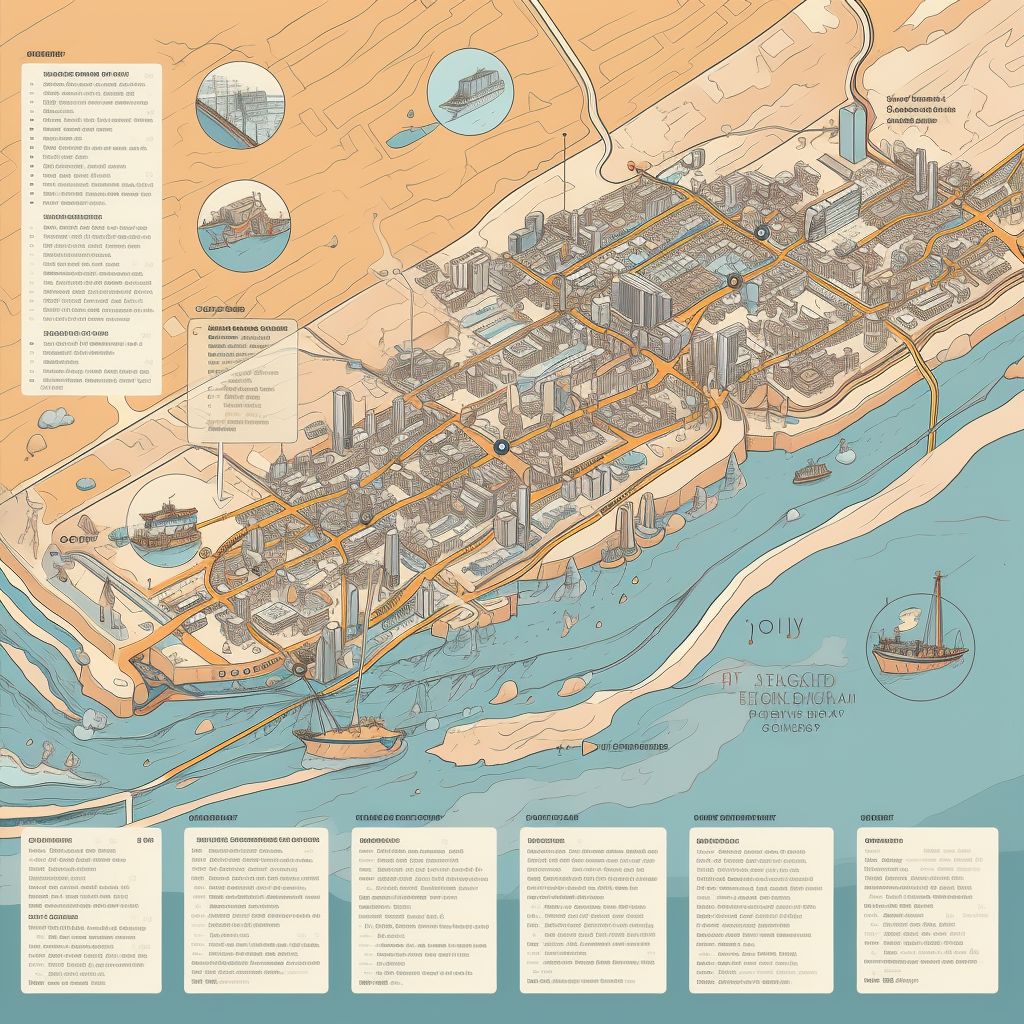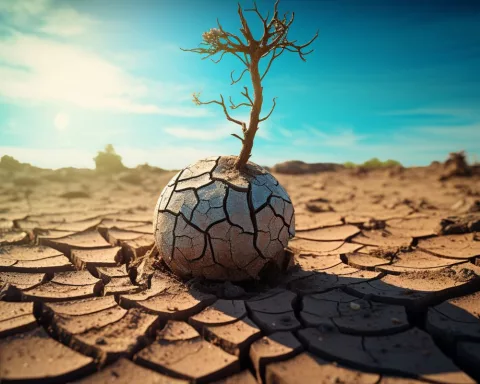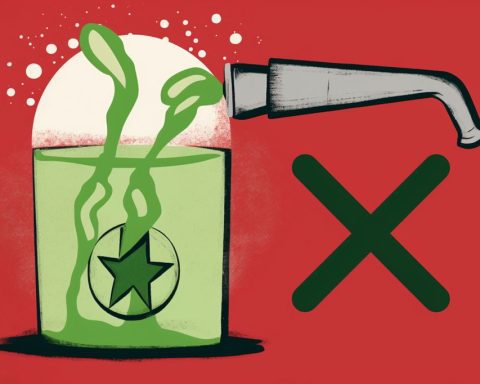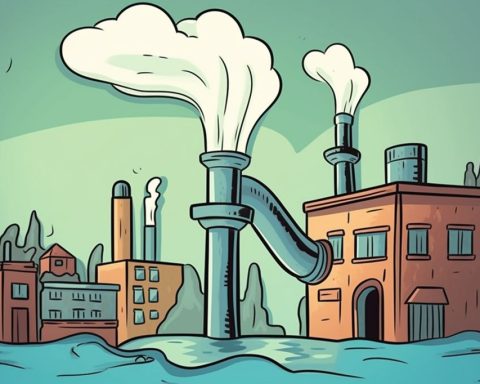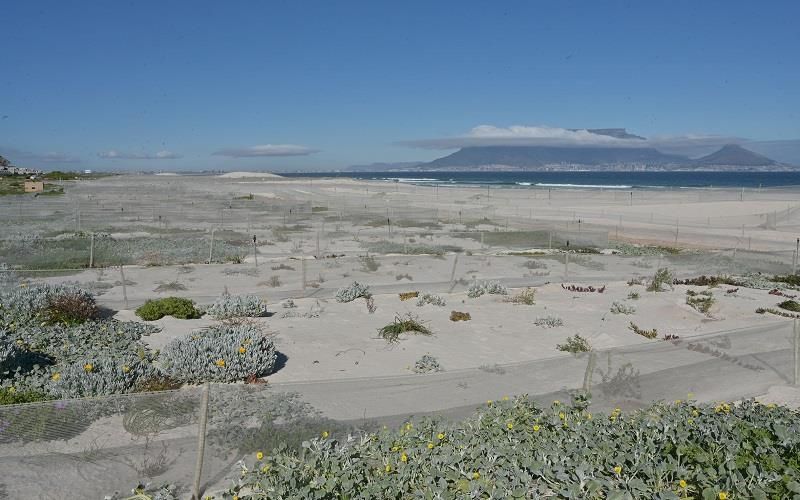Cape Town, a beautiful city located at the southernmost point of Africa, firmly assures its residents of the safety and quality of its drinking water. The city’s strong dedication to providing safe and reliable water to its population, even during prolonged load-shedding periods, is a testament to its commitment to public health.
Quality Standards
Cape Town’s tap water is compliant with the national drinking water quality standard, SANS:241, ensuring that residents have access to high-quality drinking water. The city has 12 water treatment plants, each equipped with an on-site laboratory that conducts rigorous testing of drinking water every two hours, 365 days a year, ensuring the water’s quality and safety.
Monitoring Procedures
Over 472,300 chemical and biological tests are conducted annually on the water entering the treatment plants, as well as the treated water that flows into the city’s reservoirs and distribution network. In addition, more than 250 drinking water samples are collected weekly from sampling points throughout the extensive 10,800 km network of pumps, reservoirs, and pipelines. This extensive monitoring guarantees that the water reaching Cape Town’s taps remains of the highest quality.
Infrastructure Investment
The City of Cape Town has invested significant sums into its systems and infrastructure, demonstrating its unwavering commitment to maintaining water quality. Over the next three financial years, the city will allocate R18 billion to water infrastructure projects, preventing any lapses in service and maintaining the quality of water that Cape Town’s residents have come to expect.
International Recognition
Cape Town’s dedication to water quality has garnered international recognition for its investment in water and sanitation infrastructure. The city’s Water and Sanitation Directorate has recently been acknowledged as Africa’s first Leading Utility of the World. Moreover, the city’s annual Water Quality Report reflects that it meets the criteria for “excellent” according to South Africa’s stringent SANS:241 standards.
Authorities’ Commitment
Mayoral Committee Member for Water and Sanitation, Councillor Zahid Badroodien, emphasizes the city’s commitment to providing the best possible water to its residents, with over 5,700 water samples tested annually from various points around Cape Town, consistently exceeding South African National Standards’ compliance targets. Cape Town’s authorities remain vigilant in their monitoring of the city’s drinking water and supply operations, even during prolonged stages of load-shedding, ensuring the highest water quality is maintained.
Reporting Concerns
While there have been no reports of a cholera outbreak in the Western Cape, residents concerned about water quality are encouraged to report them through various channels, including phone calls, WhatsApp, SMS, email, or visiting the city’s website.
Cape Town’s unwavering commitment to water safety and quality instills confidence in its residents, reassuring them that the city’s tap water remains of the highest caliber. With its robust monitoring and testing procedures, along with considerable investments in infrastructure, Cape Town demonstrates that it is dedicated to providing safe and clean drinking water for all.

